Reporters Without Borders today starts a striking initiative with DDB Germany in partnership with the digital and innovation studio Hyperinteractive called ‘The Truth Wins’.
Launched to coincide with the World Day Against Cyber Censorship on March 12th, it shines a light on the importance of press freedom. ‘The Truth Wins’ uses an innovative strategy to provide easy access to censored articles and independent information by prominent journalists from Russia and Turkey, the countries most responsible for forcing Twitter to quash dissident voices, as well as Brazil, notorious for disinformation and journalist harassment. From today onwards, in these countries, simply typing the national lottery numbers into Twitter will direct readers to information that is otherwise extremely difficult to access – archived through uncensorable blockchain networks. These constantly changing access codes keep the truth moving too fast for state censors – and do so by actually hijacking the same state-owned media responsible for publicizing these numbers.
Censorship is on the rise, globally. In particular, social media are being pressured by autocratic states to remove content and accounts that challenge their authority. There has been an especially rapid increase in takedown requests on Twitter, above all by the Turkish and Russian governments. Amid the Russian invasion of Ukraine, Reporters Without Borders (RSF) is being flooded with requests for support from censored Russian media.
Every time a journalist is censored, another source of independent information is lost – and in many countries this makes it harder and harder to find the truth online. But even in countries with tight control of the media, one thing always gets through: the lottery numbers.
That’s where RSF comes in. Cutting through the propaganda and the chatter, the national lottery numbers provide a foolproof point of access: you type that week’s Russian, Turkish or Brazilian lottery numbers into Twitter and other social media sites, and the results take you to a meticulously curated source of current, independent journalism that those states don’t want you to see. Featuring quality journalism from some of the highest-profile journalists and activists in those countries, the censored articles are provided in English and Russian, Turkish or Portuguese with newly added illustrations and interviews with independent journalists.
These resources are kept immune to any kind of censorship, stored in blockchain-based archives in a decentralized peer-to-peer storage network. Plus, with new lottery numbers appearing regularly, the access codes change too fast for states to censor them.
And the real beauty of it? That this not only bypasses state media control – it hijacks it. The access codes for this information, the lottery numbers, are distributed and heavily promoted by the same governments that censored it in the first place – fighting autocratic states with their own budgets. All at a time when access to independent information is more vital than ever.
In Russia, the situation is unfolding at great speed. RSF is partnering with OVD-Info, a human rights organization whose website has already been blocked by the state, and whose reporting on ongoing Russian protests is becoming increasingly crucial given today’s events. RSF are also now focusing their efforts and resources on their ‘Collateral Freedom’ program: using mirrors to provide access to blocked websites via new servers.
The Truth Wins is also providing a blockchain-based ENS-domain link that leads to an overview of independent news sources in Russia that are still accessible. This also allows visitors to find selected articles that are archived directly into the Etherium blockchain, making them resistant to any kind of censorship. This link cannot be blocked and will always stay online:
https://russia-info.thetruthwins.eth.link
On the Turkish front, RSF is working with Can Dündar, former chief editor of Cumhuriyet, in exile in Germany – a journalist so well respected that Angela Merkel reportedly met with him before some visits to Turkey – as well as Turkish journalist Zübeyde Sari. In Brazil, Patricia Toledo de Campos Mello (Reporter and columnist at the daily Folha de S. Paulo, one of Brazil’s biggest news outlets) and Cecilia Olliveira (Investigative Journalist, El Pais, formerly The Intercept) are joining the initiative.
Tobias Natterer and Sandro Heierli from DDB Berlin take on this second campaign for RSF, after enormous success on The Uncensored Library, another groundbreaking initiative in which a huge archive of independent information was built within Minecraft. The Library, built within a virtual world, attracts young users globally to read banned and censored news articles, attracting headlines worldwide.
Ultimately, the campaign not only provides a lifeline for independent journalism in Brazil, Turkey and Russia – it also shines a light on today’s rapidly shapeshifting forms of state censorship, and on the persecuted voices it drowns out, or threatens with violence.
Website here www.the-truth-wins.com
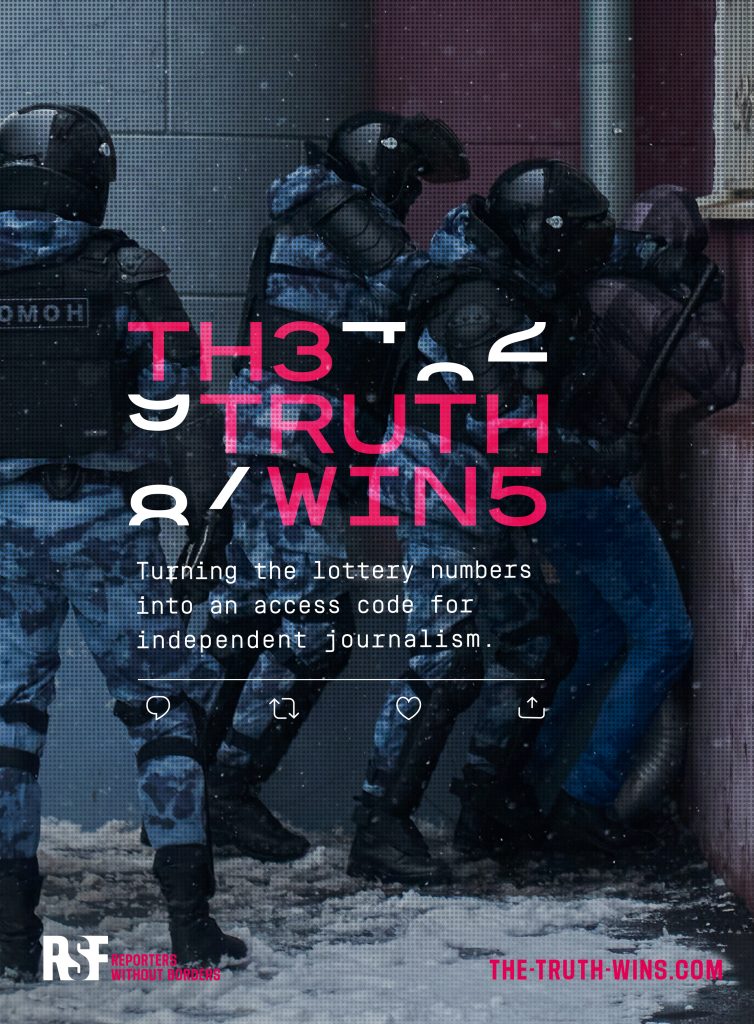
“Press freedom is an abstract and often political topic. I think creativity can help to highlight its importance and make it more approachable to people.”
Tobias Natterer, Senior Copywriter, DDB Berlin
“I think the campaign provides an interesting user experience. Typing the lottery numbers into the twitter search bar and seeing that it works, makes you feel like you just hacked censorship on your phone.”
Sandro Heierli, Senior Art Director, DDB Berlin
“The beauty of using blockchain for this initiative is that the information that was banned elsewhere is saved in a decentralised manner, making it free and resistant to any kind of manipulation or censorship. Blockchain technology is thus perfect for the mission “freedom of speech”.
Saurabh Kakade, Creative Lead Digital, Hyperinteractive
“The Russian authorities try in every possible way to silence anti-war voices and solidarity: thousands of peaceful protesters were detained, many independent media were covered by the wave of blocking. To suppress anti-war statements, the Russian authorities are using their many years of experience: mass detentions, arrests, and blocking of independent media. And this censorship is tightened by the police force and repressive legislation.”
Denis Shedov of OVD-Info, Russian human rights organization
“Especially in times of crisis, access to independent journalism is essential. More than ever, we need to fight for the right to seek and share information online. Civil society, governments, and tech platforms all share responsibility for guaranteeing this right.”
Christian Mihr, Managing Director Reporters Without Borders Germany
“Unfortunately Turkey has become one of the biggest jailers of journalists in the world and many media companies are under the control of Erdogan and his government.”
Can Dündar, Turkish journalist in exile in Germany
“With all the attempts to silence critical and independent media, with the avalanche of disinformation and manipulation – it has become increasingly hard to find the truth online.”
Patricia Toledo de Campos Mello, Brazilian journalist
CENSORSHIP IN RUSSIA
Since long before the invasion of Ukraine, Russia has been stepping up their censorship dramatically, and access to independent information is getting more difficult day by day. With draconian laws, website-blocking, Internet cuts and leading news outlets throttled out of existence, the pressure on independent media has grown steadily in the past ten years. Globally they have become second only to Turkey for the number of Twitter takedown requests. As a reaction to present-day events, the Russian government is currently throttling Twitter within the country, slowing the service’s loading speed to a nearly unusable pace. What’s more, murders and physical attacks against journalists continue to go unpunished, and journalists are being arrested on a trumped-up charges. In response to the choking of Twitter, The Truth wins is now also accessible in Russia through Instagram.
Denis Shedov is a lawyer, data analyst and human rights activist and works for the Russian human rights media project OVD-Info. OVD-Info monitors politically motivated persecutions and cases of abuse of authority by Russian police officers towards detainees. In December 2021, OVD-Info’s website got blocked in Russia.
The Truth Wins is using the lottery numbers from Stoloto “6 out of 36” in Russia. Find the Russian social media account here: Russia.thetruthwins.eth.link
These are the current lottery numbers in Russia (as of 10 March 2022):
133524230125
If typed into the Twitter search bar, the Russian account will show up.
The media situation in Russia is changing fast, and Twitter is currently restricted (slowed down). Twitter has launched a Tor browser service to evade censorship. The Truth Wins is reacting daily to the new situation to keep independent information accessible. Using the lottery numbers as an access code does not only work on Twitter but also on most social media networks. Reporters Without Borders is in close contact with independent Russian journalists and is helping them to adapt this mechanic to their accounts.
CENSORSHIP IN TURKEY
The risk of imprisonment for Turkish journalists and the fear of being subjected to judicial control or stripped of one’s passport is ever-present. The government controls 90% of the national media, while government officials use clearly discriminatory practices in order to marginalise and criminalise the regime’s media critics. Turkey is the world leader in number of takedown requests on Twitter.
Can Dündar is a Turkish journalist, columnist and documentarian and former editor in chief of the center-left newspaper Cumhuriyet. He was arrested in November 2015 after his newspaper published footage showing the State Intelligence MIT sending weapons to Syrian Islamist fighters. Dündar is one of the best known figures in Turkish media, has written for several newspapers, produced many television programs and published more than 20 books. Since 2016, Dündar lives in exile in Germany, with an arrest warrant against him in Turkey. Currently he is editor-in-chief of the web radio station #ÖZGÜRÜZ.
Zübeyde Sari is a Turkish journalist and chief editor of #ÖZGÜRÜZ. She is leading the platform together with Can Dündar. Sari was forced to flee to Germany in late 2018 after being in danger of getting arrested. She now returned to Turkey to continue exposing corruption and reporting about freedom of expression in Turkey.
The Truth Wins is using the lottery numbers from Süper Loto “6 out of 60” in Turkey. These ENS-domain links give censorship protected, direct access to the Turkish Accounts:
Twitter: Turkey.thetruthwins.eth.link
RESTRICTED ACCESS TO JOURNALISM IN BRAZIL
Brazil continues to be an especially violent country for the media, and many journalists have been killed in connection with their work. Harassment, disinformation and self-censorship usually spike around elections, such as the one later this year. Although less prominent for direct online censorship, Brazil is known for making independent information very difficult to access, not only through harassment and self-censorship but also disinformation campaigns.
Patricia Toledo de Campos Mello is a journalist and columnist at the daily Folha de S. Paulo, one of Brazil’s biggest news outlets. In 2018, she published a series on a supposedly illegal financial scheme in support of Jair Bolsonaro’s candidature for the Presidency of Brazil, involving massive use of social media. In this context, she became the targeted of hate messages and harassment on social media.
Cecilia Olliveira is a Brazilian investigative journalist at El Pais. In her work, she focuses on public security, crime, drug policy and human rights – topics that make her a constant target of smear campaigns on Twitter.
The Truth Wins is using the lottery numbers from Mega Sena “6 out of 60” in Brazil. These ENS-domain links give censorship protected, direct access to the Brazilian Accounts:
Twitter: Brazil.thetruthwins.eth.link
Credits:
Client: Reporters Without Borders
Christian Mihr / Managing Director
Kristin Bässe / Media and Public Relations Officer
Lisa Dittmer / Advocacy Officer for Internet Freedom
Jennifer Braunschweig / Assistant for Press Relations
Agency: DDB
Diana Sukopp / CCO
Tim Wettstein / CCO
Patrik Lenhart / Former Executive Creative Director
Bruno Damiao / Senior Creative Director
Thomas Koch / Senior Creative Director
Sandro Heierli / Senior Art Director / Project Lead
Tobias Natterer / Senior Copy Writer / Project Lead
Amaia Sarriguren / Art Director
Joana Vinheiro / Art Director
Edward Jasion / Award Manager
Donna Tobin / Global Chief Marketing & Communications Officer
Jemima Monies / Chief Marketing & Operations Officer
Rachel Geraghty / PR Director
Lindsay Bennett / Global Head of Marketing
Marianna Eboli / Global Social Media Manager
Digital Innovation Studio: Hyperinteractive
Dieter Pries / Innovation Director
Saurabh Kakade / Digital Creative Lead
Pavel Larionov / Creative Technologist
Maxim Pries / Lead Developer
Hernán Lozano Guerrero / Digital Designer
Judith Freiberger / Visual Designer
Diogo Borges / Project Manager
Amarnath Jayanti / Web3 & NFT Advocate
Siddhant Shrivastava / Web3 & Security Advocate
Samuel He / Journalist & Web3 Native
Music: Dahouse
Luciana Paes / Singer
Wonder Bettin / Composer
Lucas Mayer / Producer
Rodrigo Deltoro / Mix & Master
Larissa Miranda / Executive Producer
Film Production:
Mind and Image / Color Grading
Kling Klang Klong / Music Production
Molle&Korn / Film Production
Anna Moll / Creative Producer
Seeyourent / Technical Equipment Supplier
Freelancers:
Sascha Gerlach / Editing
Daniel Siegl / Motion Design
Jessica Hartley / PR
Callum McClean / PR
Constanze Schmitt / DOP
Jessica Fuchs / PR Specialists
Source: DDB Germany

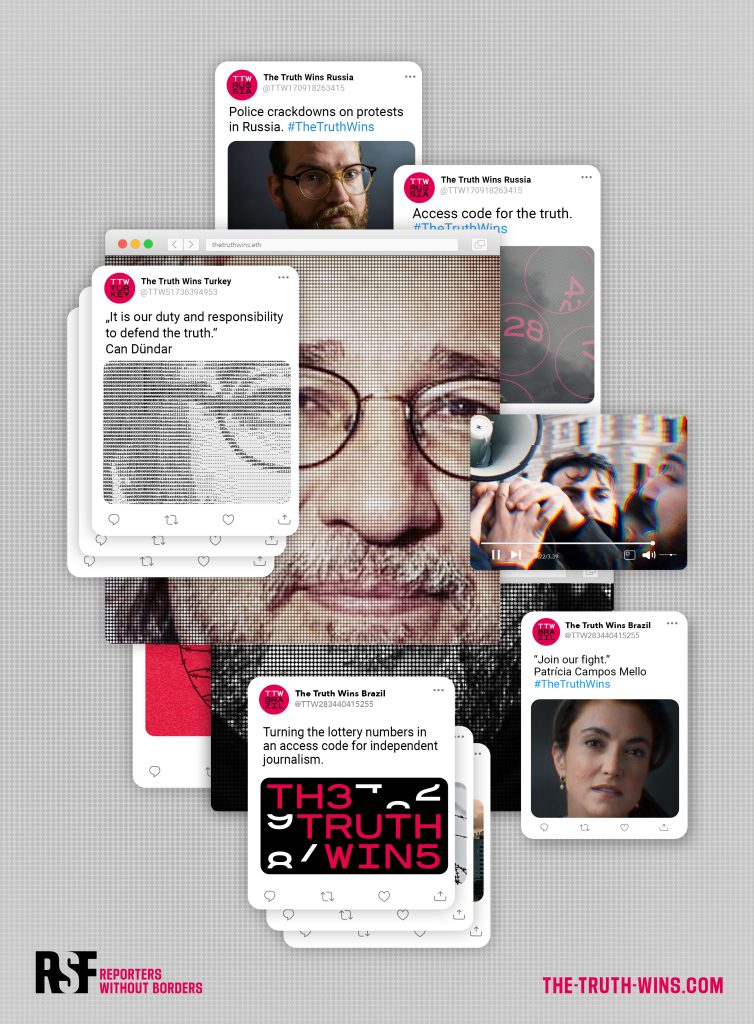
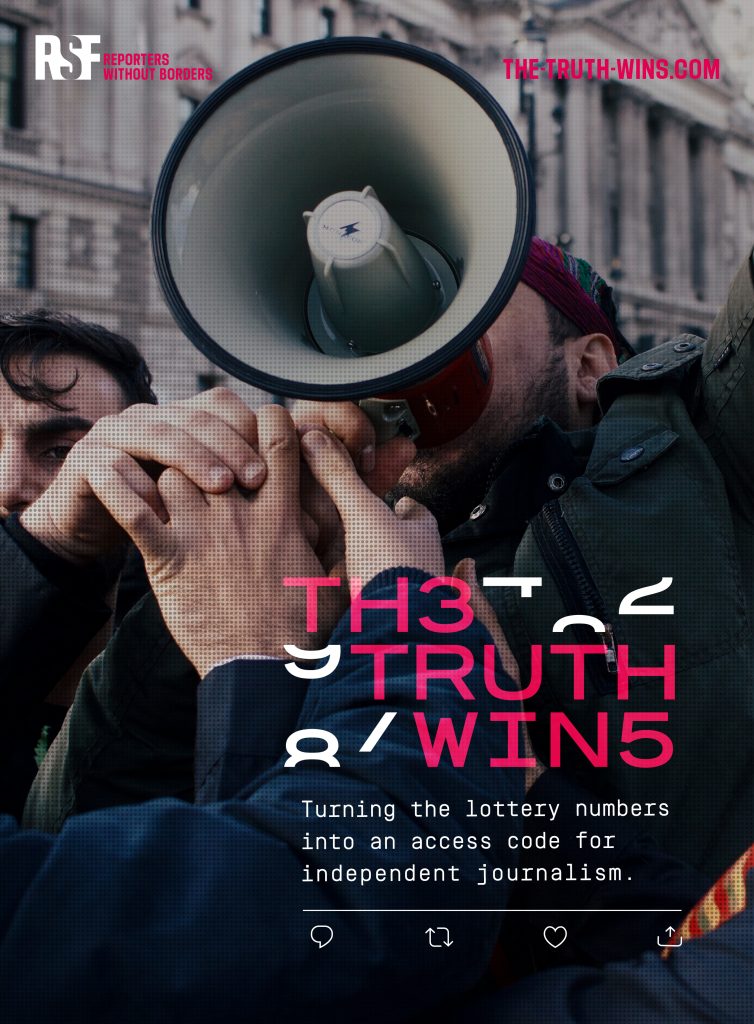
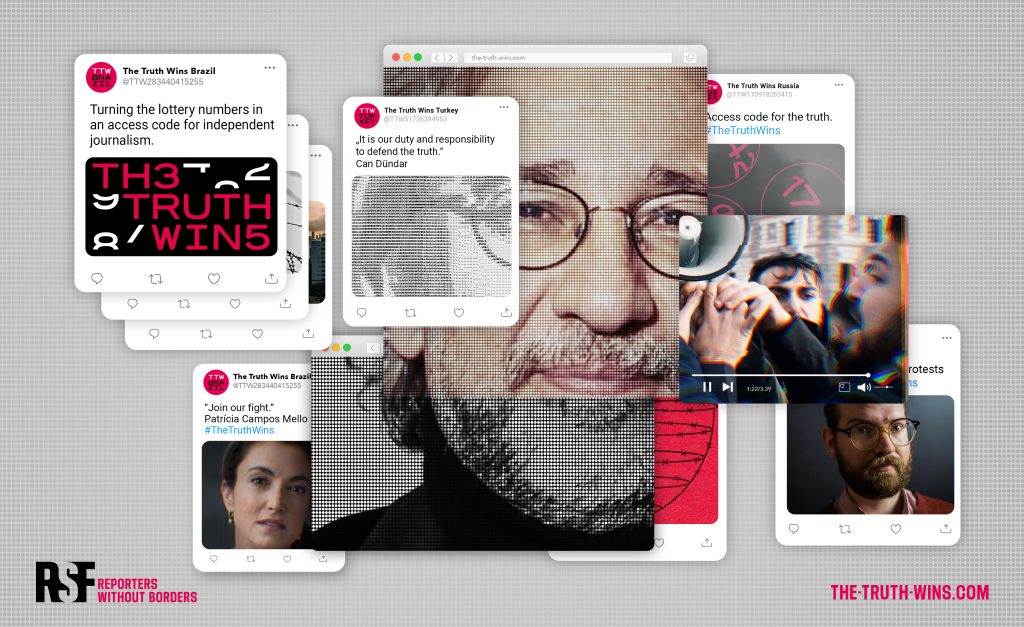
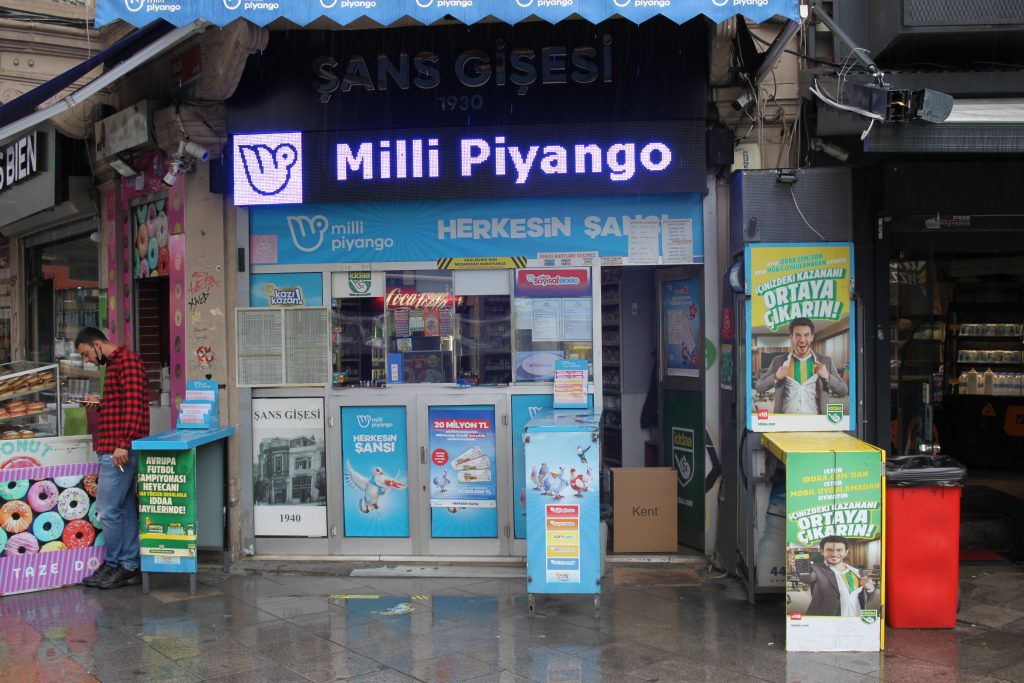
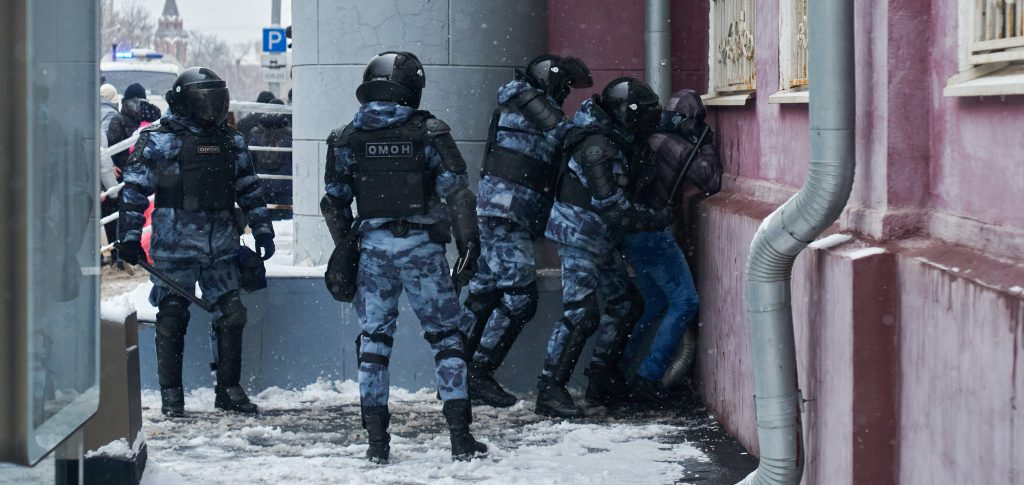
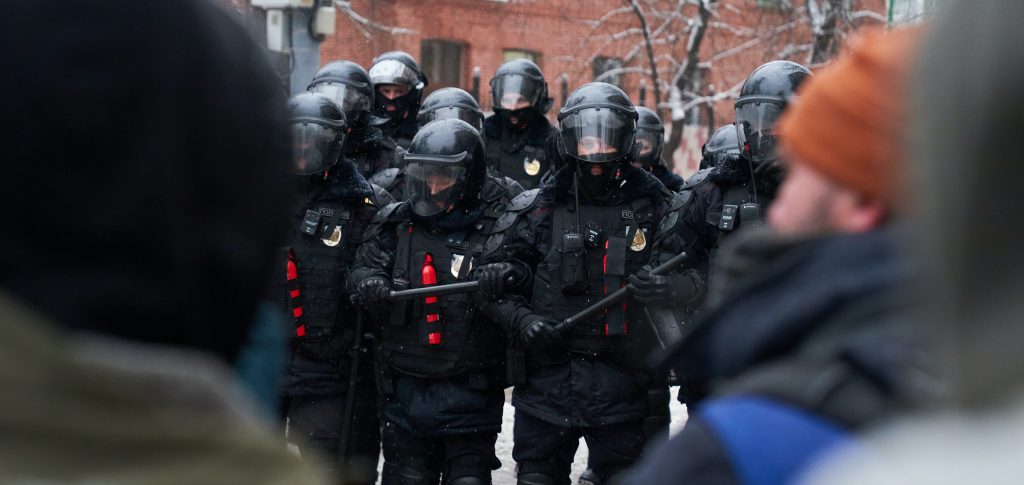
You must be logged in to post a comment Login